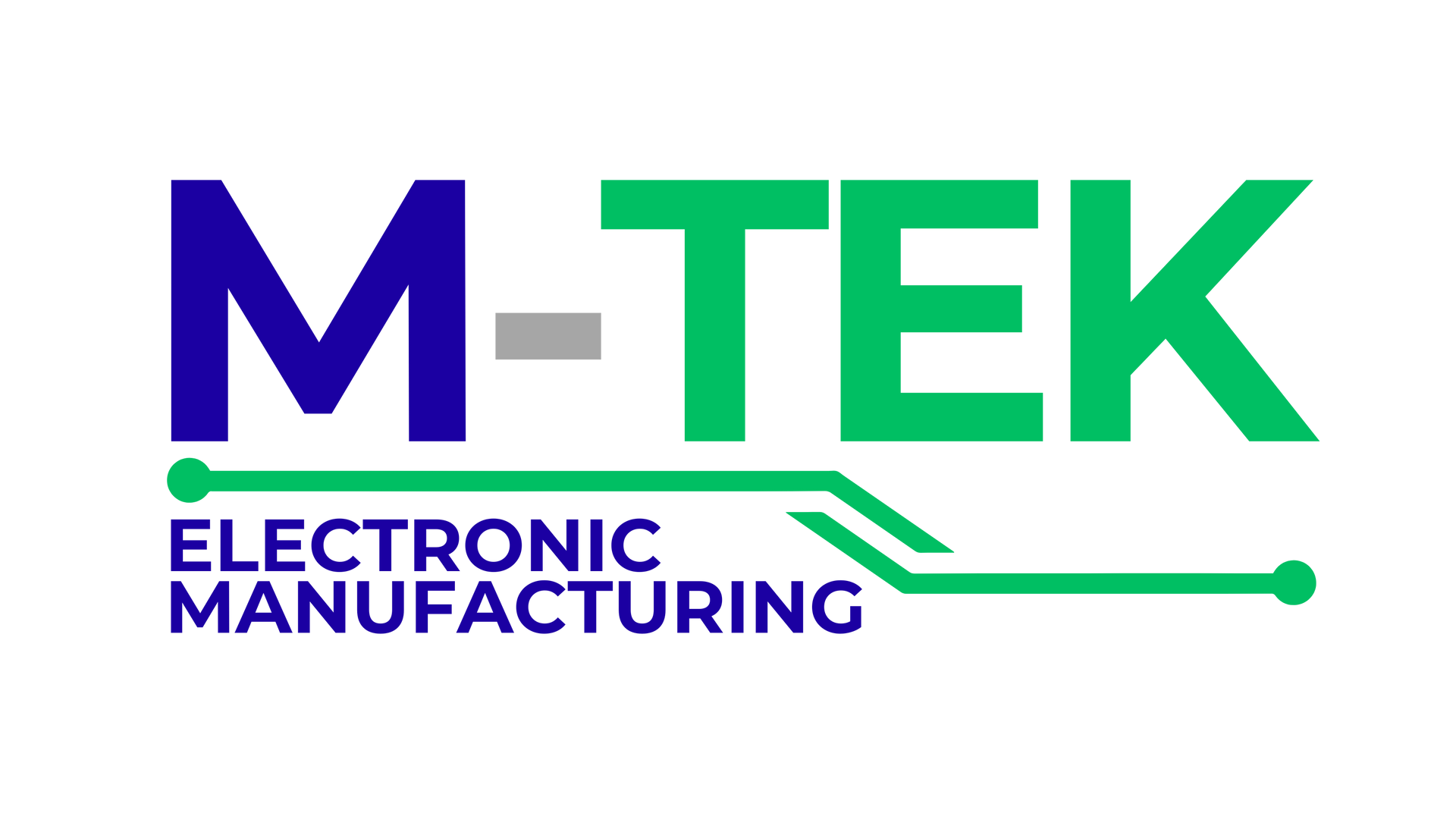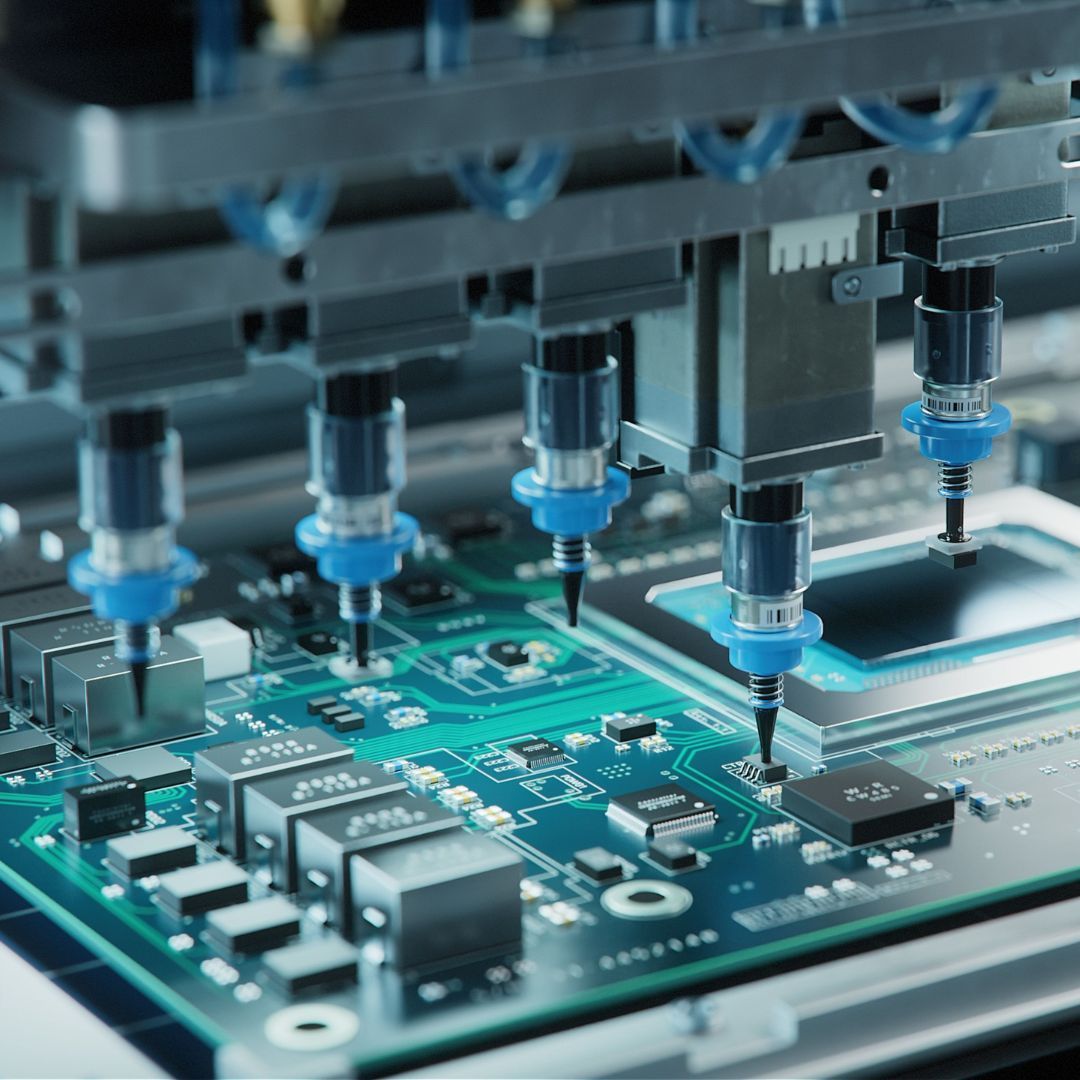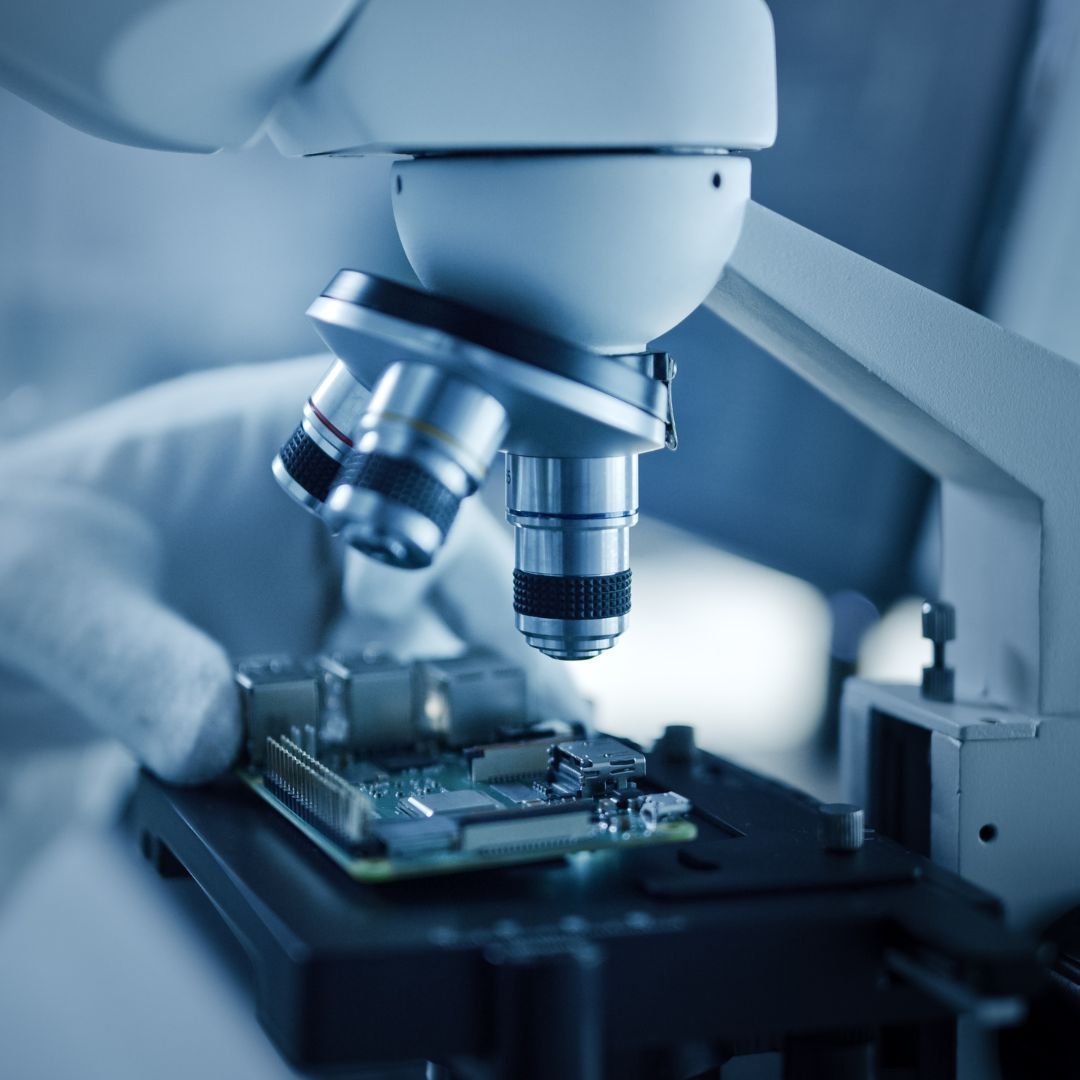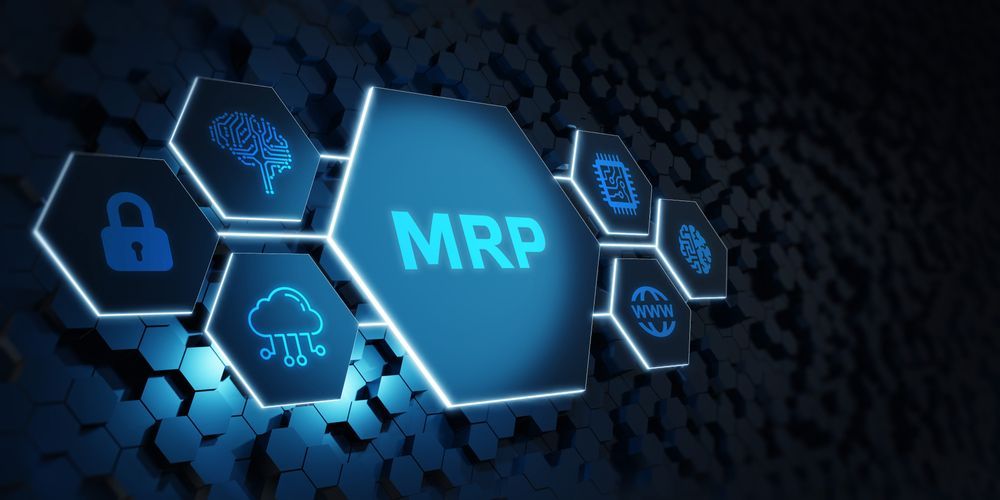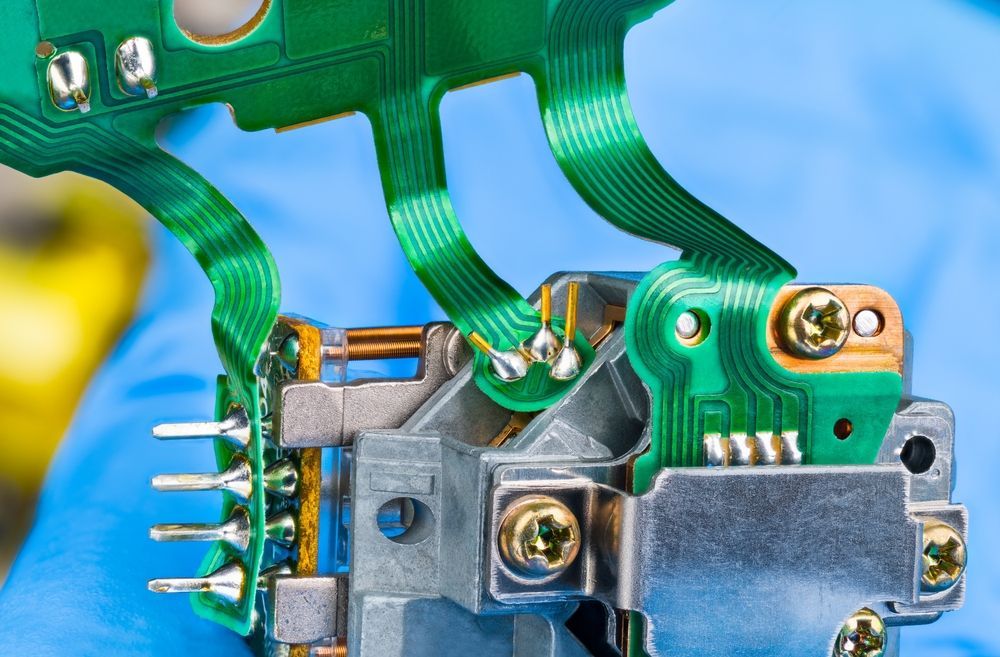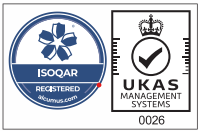Printed circuit boards, or PCBs, are critical components of electronic devices. Most people use them without even realising them, and they are crucial to a wide range of industries. There are numerous applications for printed circuit boards, this article will take a look at some of the most common applications for printed circuit boards.
Printed Circuit Boards in Medical Devices
As technology advances, revealing new capabilities, the healthcare industry is using an increasing number of PCBs. PCBs are found in devices used for diagnostics, monitoring, treatment, and other purposes.
When producing medical PCBs, special care must be taken to ensure dependability because the proper operation can be critical to health care. In many cases, PCBs must also meet stringent sanitation standards, particularly those used in implants. Boards used for implants and a variety of other applications, such as emergency room monitors, must also be compact. As a result, many medical PCBs are high-density interconnect (HDI).
Learn more about printed circuit boards used in medical devices by reading
our previous article.
PCB: Automotive
Automotive manufacturers are incorporating an increasing number of electronic components into their vehicles. PCBs were previously only used for windshield wipers and headlight switches, but now they allow many innovative features that make driving safer and easier.
Depending on the application, a PCB may need to be resistant to extreme temperatures or vibrations. It's also crucial that they work reliably if they're part of a car's safety features. Manufacturers may use high-temperature composite material, aluminium or copper substrates, or thru-hole mounted elements as a result of these challenges. They also use flex-rigid PCBs because of their vibration resistance.
PCB: Aerospace
Aerospace electronics have similar requirements to those used in the automotive industry, but aerospace PCBs may be subjected to even harsher conditions. PCBs can be found in a wide range of aerospace equipment, such as planes, space shuttles, satellites, and radio communications systems.
Aerospace PCB production necessitates the use of materials that can withstand high levels of vibration, extreme temperatures, and other conditions. Some aerospace PCBs must even be able to perform in space and be extremely durable. Boards made of lightweight materials, such as aluminium, are also useful in aerospace. Anodized aluminium can be used to increase oxidation resistance.
PCB: LEDs
LEDs, or light-emitting diodes, are an incredibly common lighting technology used for residential and business lighting as well as in a variety of other industries. LEDs are popular due to their energy efficiency, long life, and compact size.
One function of PCBs in LED applications is to transfer heat away from the bulb. LEDs have a shorter average life when exposed to high temperatures. As a result, LED PCBs are generally made of aluminium, which can convert heat better than other metals. This eliminates the need for a second heat sink in a design, allowing it to be more versatile.
PCB: Security
PCBs are used in many aspects of security systems, whether for homes, businesses, or government buildings. They play a larger role in our safety and security than many people realise. The best type of PCB depends on the application, but all PCBs used in safety and security applications must be dependable because these products must function as expected at all times to be effective. Some security devices may be used outside and should be built with PCBs that can withstand the elements.
About M-Tek Assembly Ltd
It is a critical business decision to outsource your electronic assembly needs. M-Tek Assembly Ltd will not only provide you with the best customer service and solutions tailored to your specific needs, but also with the industry experience you deserve.
By selecting M-Tek Assembly Ltd for your
printed circuit boards assembly, you will also be assisting in environmental preservation. We have achieved a net-zero carbon footprint by using electric vehicles, and we plant a tree for every circuit board we build! For assistance, please contact one of our SMT and PCB assembly experts today. To learn more about our services, call 01189 455377 or follow us on
Twitter.
Recent Posts
Call Our Team
Want to find out more about our PCB assembly services? Speak to our team to find out how we can help you.
Join the Newsletter
We will get back to you as soon as possible
Please try again later
